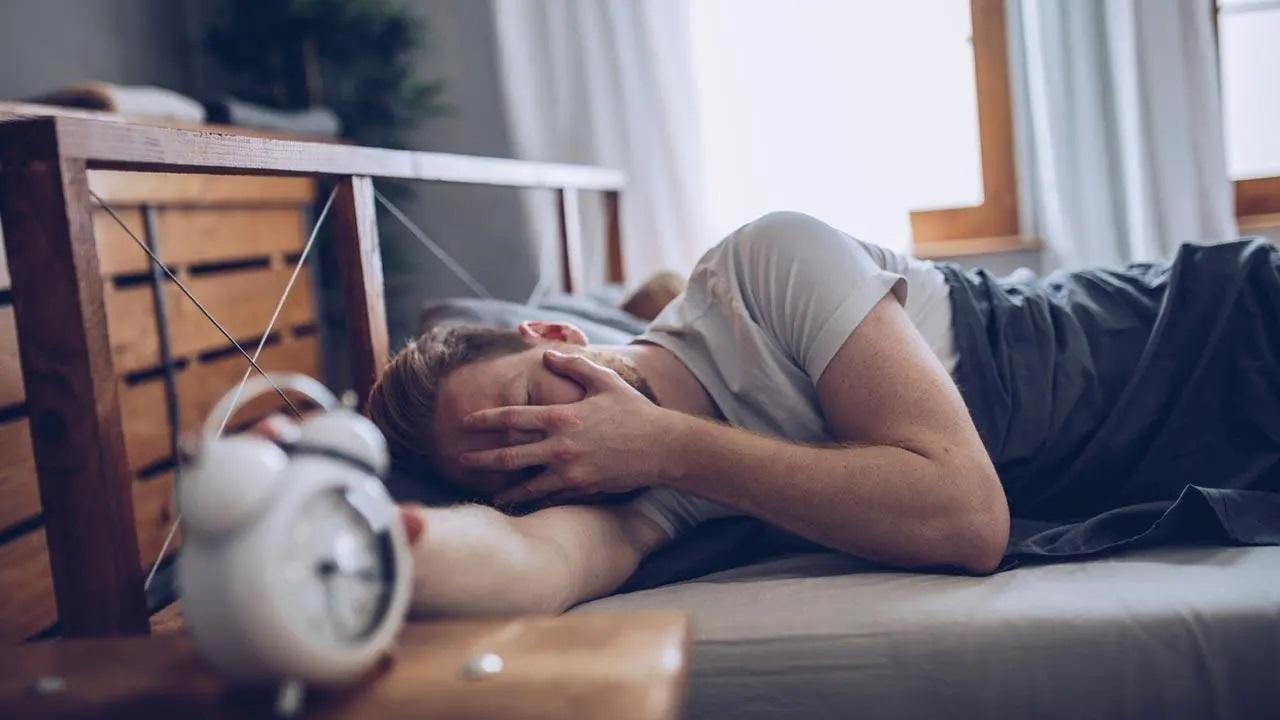Lead author Cara Palmer, PhD, of Montana State University said that the findings showed that more than 30 per cent of adults and up to 90 per cent of teenagers don’t get enough sleep

Image for representational purpose only. Photo Courtesy: istock
Lack of sleep not only makes us tired, but can also affect our emotional functioning, decrease positive moods and put us at higher risk for anxiety symptoms, according to a study.
ADVERTISEMENT
The study, published in the journal Psychological Bulletin, synthesised more than 50 years of research on sleep deprivation and mood.
Lead author Cara Palmer, PhD, of Montana State University said that the findings showed that more than 30 per cent of adults and up to 90 per cent of teenagers don’t get enough sleep.
“In our largely sleep-deprived society, quantifying the effects of sleep loss on emotion is critical for promoting psychological health,” Palmer said.
“This study represents the most comprehensive synthesis of experimental sleep and emotion research to date, and provides strong evidence that periods of extended wakefulness, shortened sleep duration, and nighttime awakenings adversely influence human emotional functioning,” she added.
The team analysed data from 154 studies spanning five decades, with 5,715 total participants. In all those studies, researchers disrupted participants’ sleep for one or more nights. In some experiments, participants were kept awake for an extended period.
In others, they were allowed a shorter-than-typical amount of sleep, and in others they were periodically awakened throughout the night.
Each study also measured at least one emotion-related variable after the sleep manipulation, such as participants’ self-reported mood, their response to emotional stimuli, and measures of depression and anxiety symptoms.
Overall, the researchers found that all three types of sleep loss resulted in fewer positive emotions such as joy, happiness and contentment among participants, as well as increased anxiety symptoms such as a rapid heart rate and increased worrying.
“This occurred even after short periods of sleep loss, like staying up an hour or two later than usual or after losing just a few of hours of sleep,” Palmer said. “We also found that sleep loss increased anxiety symptoms and blunted arousal in response to emotional stimuli.”
Findings for symptoms of depression were smaller and less consistent, as were those for negative emotions such as sadness, worry and stress.
One limitation to the study is that the majority of participants were young adults -- the average age was 23. Future research should include a more diverse age sample to better understand how sleep deprivation affects people at different ages, according to the researchers.
“The implications of this research for individual and public health are considerable in a largely sleep-deprived society. Industries and sectors prone to sleep loss, such as first responders, pilots and truck drivers, should develop and adopt policies that prioritize sleep to mitigate against the risks to daytime function and well-being,” Palmer said.
This story has been sourced from a third party syndicated feed, agencies. Mid-day accepts no responsibility or liability for its dependability, trustworthiness, reliability and data of the text. Mid-day management/mid-day.com reserves the sole right to alter, delete or remove (without notice) the content in its absolute discretion for any reason whatsoever.
 Subscribe today by clicking the link and stay updated with the latest news!" Click here!
Subscribe today by clicking the link and stay updated with the latest news!" Click here!







